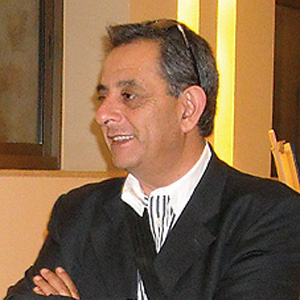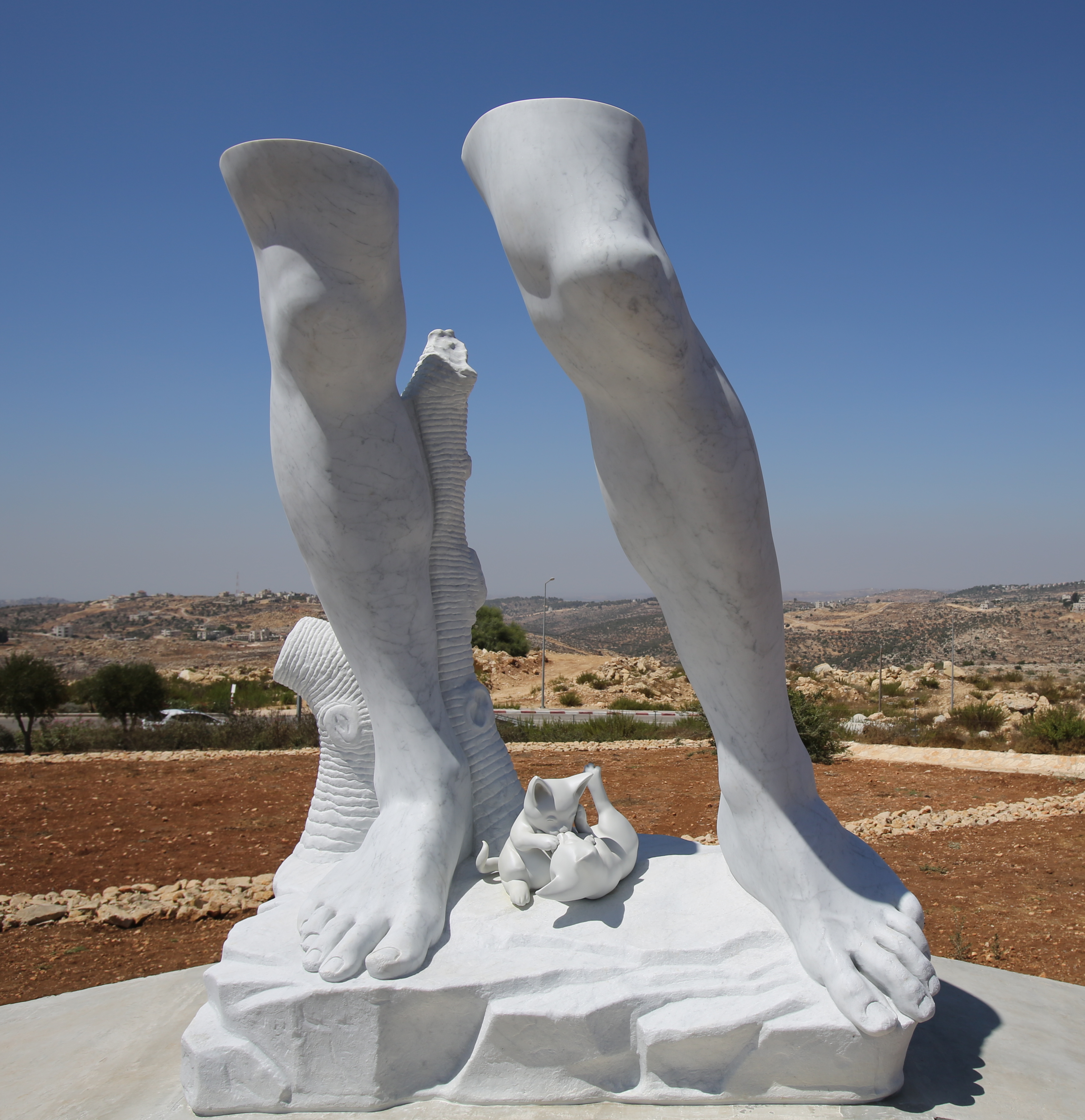Wahhabism
Only 107 years after the first official driver’s license was issued in New York in 1910 did the Kingdom of Saudi Arabia concede, in a royal decree, to give its women permission to drive. Naturally, the decree specified that women would be allowed to drive “in accordance with the Islamic laws.” It will be interesting to discover the meaning of this phrase when the decree takes effect sometime in 2018. Nevertheless, the last country on earth that denied women permission to drive has finally caved in and has seemingly taken a huge practical and psychological step into modernity. But has it, really?
After the death of Gamal Abdel Nasser, the charismatic Egyptian leader who ruled Egypt from 1952 till 1970, and after the failure of his pan-Arab nationalist policies, Saudi Arabia effectively became the most influential Arab country in the world, aided by the wealth it amassed from oil revenues. Although it modernized its industry and infrastructure, Saudi Arabia has also been responsible for spreading all forms of conservatism throughout the Arab world. Money talks, as they say! Wahhabism, an austere form of Islam that insists on a literal interpretation of the Qur’an and considers all those who don’t practice this ideology to be heathens and enemies, has been Saudi Arabia’s dominant faith for more than two centuries. As the rest of the civilized world embarked on scientific research and space exploration, Saudi Arabia’s theologians, and others influenced by Wahhabism, argued that the earth is actually flat; they forbade women from using the Internet without being monitored by a male relative; they discussed the theological implications of a man having sex with his deceased wife; and they even called for the killing of Mickey Mouse! Countless other fatwas, or religious opinions, that can only be described as bizarre, have also been issued over the years.
I belong to a school of thought that claims that current mainstream conservatism, which in a major way is influenced by Saudi Arabia’s Wahhabism, has been the chief cause of the de-development of the Arab world during the past four decades. With its vast amount of resources, the Arab world has wasted, possibly forever, a golden opportunity to become a leading world power. Four decades in scientific and technological terms is close to an eternity! I am jealous of Singapore, which – after World War II, and in spite of its abject poverty, multi-ethnicity, and lack of resources – was able to become the global commerce, finance, and transport hub that it is today.
Allowing women to drive in Saudi Arabia is far too little and far too late. Decades of Wahhabi indoctrination make it highly improbable that Saudi Arabia will ever change course and become an open society that respects universal human rights and accepts the other. It is simply not part of its belief system.



